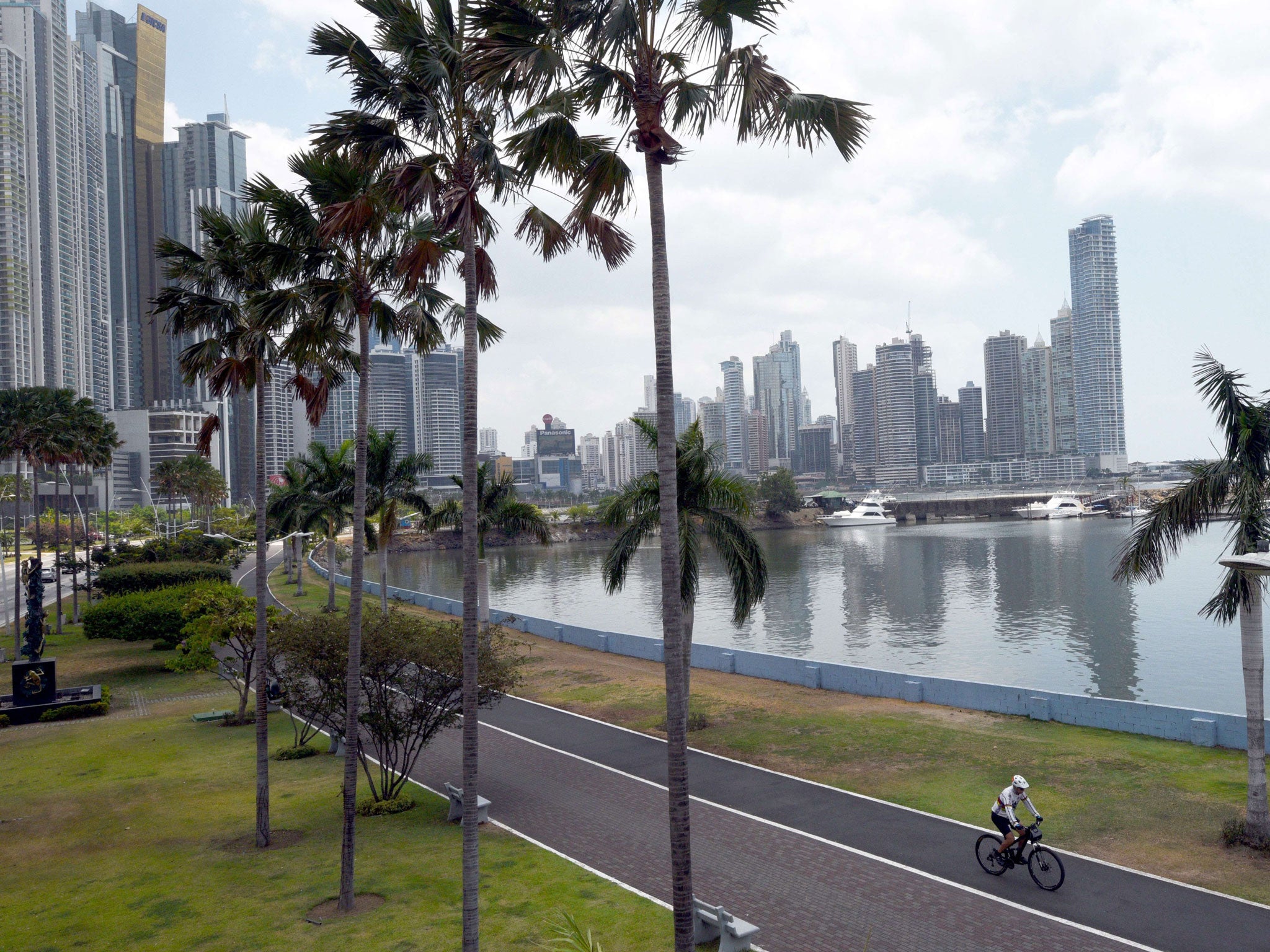A society based on blindly following the rules doesn't work, as the Panama Papers leak revealed
The power of social convention has weaked as the law proliferates. But what is socially acceptable when it comes to paying tax?


Your support helps us to tell the story
From reproductive rights to climate change to Big Tech, The Independent is on the ground when the story is developing. Whether it's investigating the financials of Elon Musk's pro-Trump PAC or producing our latest documentary, 'The A Word', which shines a light on the American women fighting for reproductive rights, we know how important it is to parse out the facts from the messaging.
At such a critical moment in US history, we need reporters on the ground. Your donation allows us to keep sending journalists to speak to both sides of the story.
The Independent is trusted by Americans across the entire political spectrum. And unlike many other quality news outlets, we choose not to lock Americans out of our reporting and analysis with paywalls. We believe quality journalism should be available to everyone, paid for by those who can afford it.
Your support makes all the difference.Why do rich people shift their money offshore? Why do companies create artificial overseas structures to do so? And do either think through the full implications and possible consequences of their actions when they make these decisions?
The Panama tale is a multi-layered one, one more little cog on a great global legal and financial machine that has been created by the very governments that now condemn it. The public mood, in the UK as elsewhere, has understandably and rightly shifted sharply against this creation, and reining back its excesses will dominate the next decade. But progress will not be straight line, because sovereign countries compete for financial services, just as they compete in manufacturing, tourism and other investment. Indeed pressure on the fringe, say Panama, may end up pushing business more towards the centre, say Dublin.
What will surely end will be artificiality, because what has been shifting over the past three or four years has been the risk/reward ratio. As far as individuals are concerned we have seen a prime minister, albeit of a rather small country, being toppled by the Panama papers. Fairly or unfairly (I happen to think unfairly) our own prime minister is damaged by them.
But the bigger event this week was the effective block by the US Treasury of the proposed takeover by Pfizer of the much smaller pharmaceutical group Allergan. This would have had the effect of transferring the headquarters of Pfizer from high-tax US to low-tax Ireland, for though Allergan is run from New Jersey it has its legal domicile in Dublin. If large countries lean harder against artificial company structures that have been designed to cope with high corporate tax rates, expect competition to shift even further to the tax rates themselves. That is the UK strategy, and in the brutal world of trying to attract inward investment it looks like a pretty smart one.
It is easy to understand why companies should dart through legal loopholes to try to reduce their tax bill, even if they sometimes suffer reputational damage if these seem too artificial. You can see why they should want to move their headquarters too.
It is harder to understand why individuals should risk their reputation by using complex schemes designed simply to cut their tax, particularly when they are well enough off for it not to make any difference to their standard of living. When, in the 1970s, the top tax rate on investment income reached 98 per cent, you could absolutely understand it. Equally you can understand families now wanting to respond to the many mainstream tax incentives on offer that cut their tax bill. But Panama?
Perhaps the best way to think of this is a clash between legality and social convention. In a law-based society you obey the law, and Britain has moved more towards a law-based, or at least rule-based, society over the past 60 years. If you stray into a bus lane you are fined – even if there is no bus in sight and you are not holding up any traffic. Convention has weakened. Indeed some of the conventions of the past have disappeared. (Look at the tone of the language of comments at the bottom of articles and compare that with readers’ letters in newspapers in the 1950s.)
But now we are, I think, moving back towards convention becoming more important: what is socially acceptable in financial behaviour and what is not. As far as companies are concerned, look at the way Starbucks and Google, among other US companies, have been castigated for their tax affairs in the UK. They have had to respond to reputational damage by paying at least some tax. I suspect that from now on much the same will be happening in personal tax behaviour. People who have any aspiration to public life, or indeed to a prominent role in the private sector, will quite reasonably seek to minimise their tax payments but will equally reasonably want to make sure that whatever they do is seen to be socially acceptable.
If you look back over British history there have been huge swings in what one generation deems appropriate and what the next one thinks is right. If the Panama fallout helps nudge us back towards a more convention-based society and less of a legalistic one, then many of us would I think welcome that.
Join our commenting forum
Join thought-provoking conversations, follow other Independent readers and see their replies
Comments